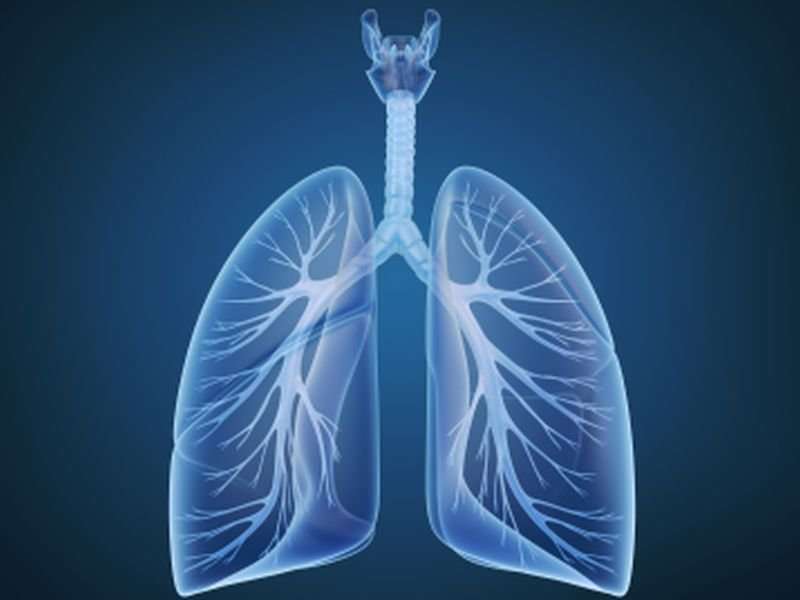(HealthDay)—Functional genes in the upper airway microbiome may be tied to childhood asthma, according to a study published Nov. 20 in Allergy.
Bong-Soo Kim, Ph.D., from Hallym University in Chuncheon, South Korea, and colleagues collected nasopharyngeal swabs from children with asthma, those in asthma remission, and control groups. In an effort to assess the structure and functional dynamics of the airway microbiome, high-throughput sequencing was utilized.
The researchers found that the composition of microbiota differed among the three groups. The relative abundance of Streptococcus was negatively associated with forced expiratory volume in one second percent predicted (P = 0.023), while that of Staphylococcus was negatively associated with methacholine PC20 (P = 0.013). The investigators suggest there could be an association between genes related to arachidonic acid metabolites, lysine residues, and glycosaminoglycans in the microbiome and airway inflammation. The team did not detect genes related to synthesis of anti-inflammatory prostaglandin E2 in the airway microbiome of the asthma group.
"These findings suggest that alterations in the airway microbiome might be associated with childhood asthma through their functional genes, and that can apply to develop a potential therapeutic tool," the authors write. "Future studies on the role of detected pathways, including arachidonic acid metabolism in asthma pathogenesis, will be necessary to clarify the association of airway microbiome with the natural course of childhood asthma."
More information:
Abstract
Full Text (subscription or payment may be required)
Journal information: Allergy
Copyright © 2017 HealthDay. All rights reserved.





















